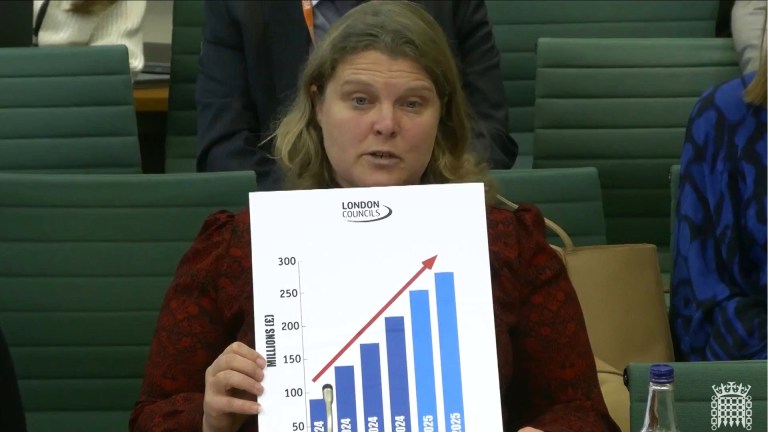“The challenge is considerable,” said Prof Jagger. “Our study suggests that older spouse carers are increasingly likely to be living with disabilities themselves, resulting in mutual care relationships, that are not yet well recognised by existing care policy and practices.
“On top of that, extending the retirement age of the UK population is likely to further reduce the informal and unpaid carer pool, who have traditionally provided for older family members. These constraints will exacerbate pressures on already stretched social care budgets.”
Prof Eric Brunner and Sara Ahmadi-Abhari from London University College Medical School added: “Care provision at this intense level for more than 1 million people in 2035 will require careful thought and planning at both local and national level.”
The government has pointed to their adult social care green paper, expected in the autumn, to provide details of how they hope to deal with the rising demand.
A Department of Health and Social Care spokesperson said: “In the autumn we will set out our plans to reform adult social care alongside our long-term plan for the NHS, so we can address the challenge of our growing ageing population head on and ensure services are sustainable for the future.”
But Caroline Abrahams, charity director at Age UK, insisted that organisations would have to work together more effectively to meet the challenge.
Advertising helps fund Big Issue’s mission to end poverty
“The problem is that today there are far too few really effective joined-up services, and social care is in sharp decline,” she said.
“The government’s top priority must be to steady the ship and then produce a great set of proposals later this year to give our older population confidence they can get the help they need.”
The Local Government Association (LGA) got so tired of the delays in the government’s green paper that they released their own.
Cllr Nick Forbes, The LGA’s senior vice chair, said: “These issues cannot be ignored any longer. This is why, following the disappointing decision by government to delay its green paper on adult social care until the autumn, the Local Government Association has published its own green paper consultation.
“Our consultation aims to influence government policy by encouraging a nationwide public debate on how we can change social care for the better, how we could pay for those changes and how we can move to a care system which places a greater focus on public health, prevention and early intervention work.
Advertising helps fund Big Issue’s mission to end poverty
“This will help people live happier, more fulfilling lives and reduce the pressure on the NHS through preventing unnecessary admissions to hospitals.”
Image: iStock










